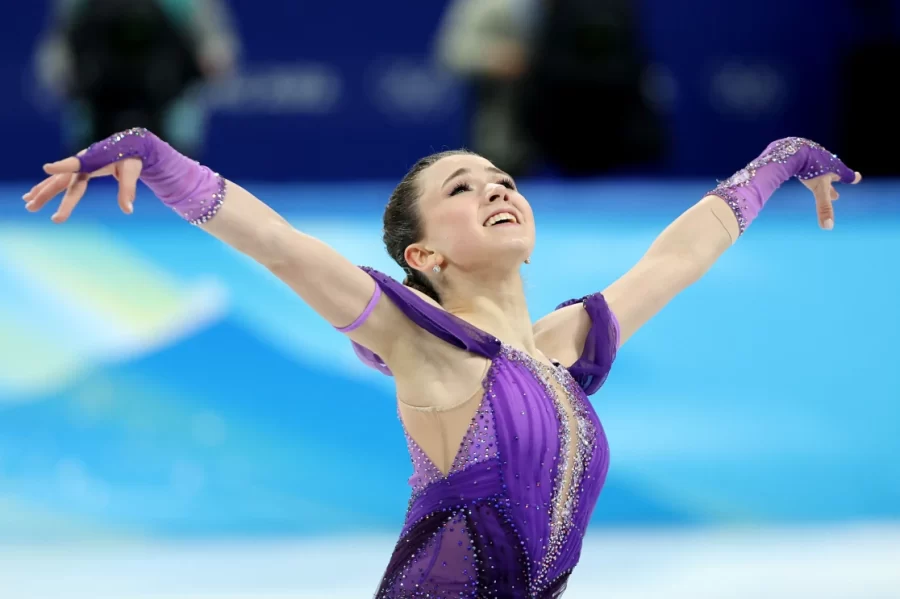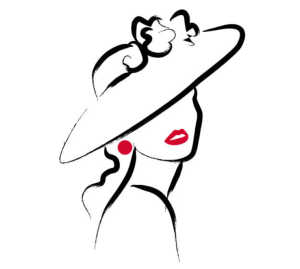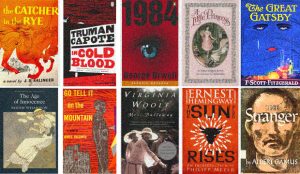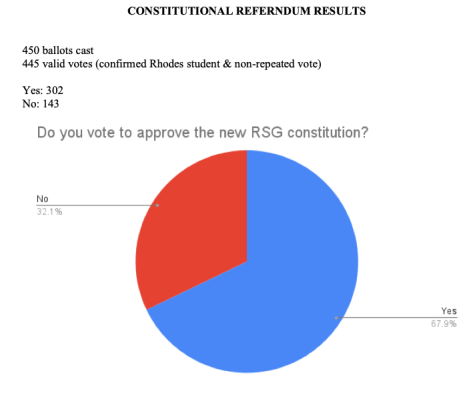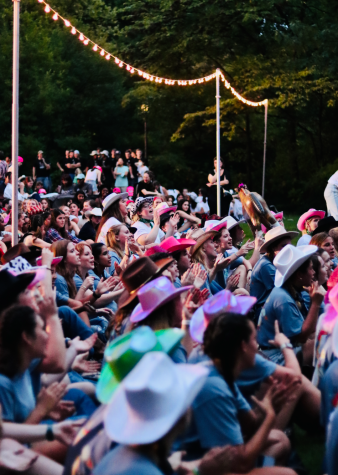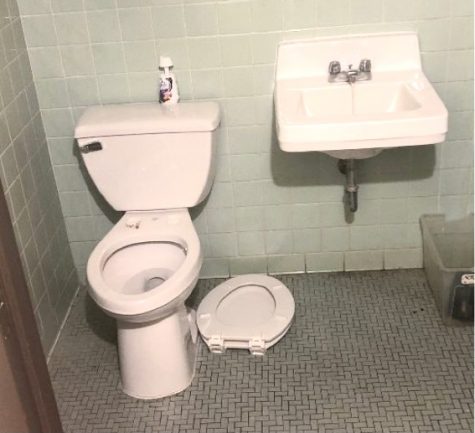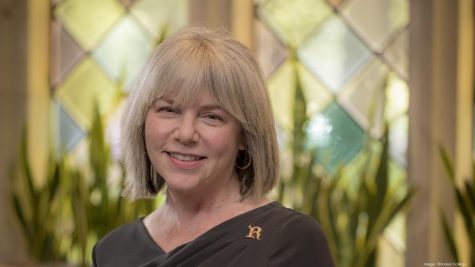Fighting for Gold at the Beijing Olympics
March 8, 2022
At the biggest sporting event in the world, three Russian figure skaters fought for the gold. Trained with single-minded determination and crippling perfectionism, none of these skaters truly achieved the Olympic dream.
Kamila Valieva, a rising star at just 15 years old, became the gold medal favorite early in the competition. She had broken records then broke her own records throughout the entire figure skating season, and she had not disappointed fans on the Olympic stage. She was the first female figure skater to successfully land a quad (a jump requiring four complete rotations mid-air) and beat the record for best short program score. Many claimed her to be the best figure skater they had ever seen, but that did not last.
In December of 2021, Valieva tested positive for a drug banned by the World Anti-Doping Agency, known as trimetazidine. This drug is banned for causing increased blood flow and endurance during competitions. When this news emerged, half the world wanted her to be banned or suspended from competing and the other thought it was cruel to ban a 15-year-old girl from attempting to achieve her dreams.
The IOC, which had to weigh and determine the outcome of the case, was put between a rock and a hard place. Allow Valieva to compete and fairness goes out the window. Ban Valieva and have to justify that decision. Because Valieva is under 16, she is a protected person in sports. In any other circumstance, banning an athlete guilty of doping would be a no-brainer, but Valieva has special protections and privileges. Her age means that some fault for her decisions falls upon the adults responsible for her, namely, her coach.
Eteri Tutberidze is a famed coach in Russia. She coaches all three of the female figure skaters that participated in the free-skate this Olympics. Tutberidze is known for her harsh tactics and brutal training regiments. Tellingly, most of the athletes she coaches only attend one Olympics, despite being able to quality for more. Russian figure skating has a high turnover rate, likely because of the harsh coaching system.
The IOC, considering all the different factors of this case, chose the route best for no one. Valieva would compete, but if she placed in the top three (qualifying for a medal), no medals would be awarded. In the final round of the women’s free skate, Valieva crumbled. The weight of press criticism and her coach’s pressure to succeed were too much for a young girl to bear. It is doubtful that any 15-year-old could survive the controversy to which she was subjected.
Valieva placed in 4th. The other athletes get a medal ceremony, but Valieva’s dreams are crushed. The other two Russian skaters, Anna Shcherbakova and Alexandra Trusova, placed 1st and 2nd, respectively. Both are just 17-years-old.
Trusova had a breakdown after the skate. She completed a whopping 5 quad jumps in her performance, yet still placed 2nd due to a lack of artistry. Trusova has a history of being incredibly competitive. She accused her coaches of misguiding her into believing she would win gold. Even a silver medal is a victory for most athletes, but Trusova was devastated.
Shcherbakova, the reigning world figure skating champ, won the gold, but when this was announced, she sat alone as her coaches dealt with the fallout of Valieva and Trusova’s performances. She reported feeling empty inside after her success.
Now comes the question, how does the IOC prevent this from ever happening again? Once again, the world is divided on the best course of action. Some believe that raising the age limit to compete at the Olympics will help. Athletes would be more responsible for their own actions and better capable of handling the pressure of the Olympic stage. However, most figure skaters peak in their mid-teens because a lighter person can jump better. Others believe that while this will help, it will not solve the problem. Many blame the coaching system in Russia that promotes winning at the expense of athletes’ mental and physical health.
Everyone agrees that something must change to protect athletes from exploitation by their coaches and countries, but no one is sure of what that will be.



